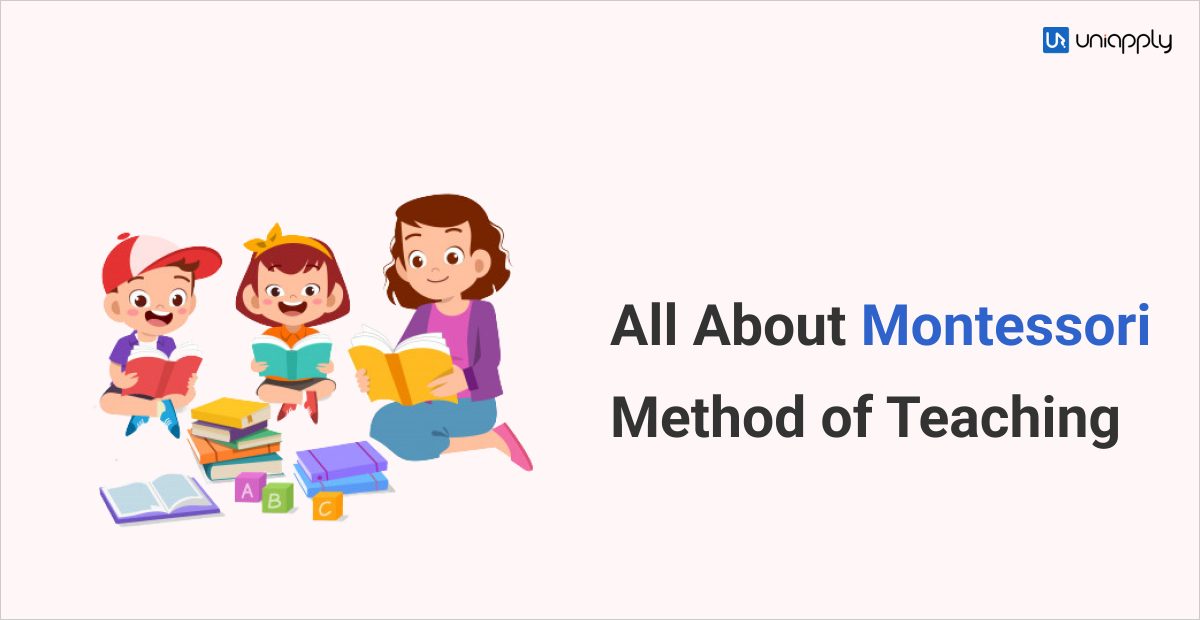
Unlocking Montessori Essence: Guiding Educational Principles
Exploring the Montessori Philosophy Principles unveils a profound approach to education that prioritizes individualized learning, holistic development, and a deep respect for the child’s innate abilities. Delve into the key principles that form the heart of the Montessori philosophy, shaping a transformative educational experience.
Individualized Learning: Tailoring Education to Each Child’s Needs
Central to the Montessori philosophy is the belief in individualized learning. The approach recognizes that each child is unique, possessing distinct learning styles, interests, and paces of development. Through individualized learning plans, Montessori education tailors the curriculum to meet the specific needs of each child, fostering a love for learning that aligns with their natural curiosity.
Prepared Environment: Cultivating Optimal Learning Spaces
A key tenet of Montessori philosophy is the creation of a prepared environment. Classrooms are meticulously designed to be inviting, orderly, and equipped with carefully selected materials that align with the developmental stages of the children. This intentional environment encourages exploration, independence, and self-directed learning, providing a space where children can thrive.
Freedom within Limits: Nurturing Responsibility and Independence
Montessori education emphasizes the concept of “freedom within limits.” Children are granted the freedom to choose their activities within a structured framework. This balance allows them to explore their interests while developing a sense of responsibility and self-discipline. The freedom to make choices fosters independence and a deep sense of ownership over one’s learning journey.
Multi-Age Classrooms: Fostering Collaboration and Mentorship
Montessori classrooms often feature multi-age groupings, where children of different ages learn together. This dynamic fosters collaboration, peer learning, and mentorship. Younger children observe and learn from older peers, while older students reinforce their understanding by teaching. This approach nurtures a sense of community and shared responsibility within the classroom.
Uninterrupted Work Periods: Sustaining Deep Concentration
Montessori philosophy values uninterrupted work periods, allowing children to engage in activities for extended periods without disruptions. This approach supports the development of deep concentration, focus, and a sense of completion. Uninterrupted work periods enable children to immerse themselves in activities, promoting a flow state that enhances the learning experience.
Hands-On Learning: Embracing Sensorial Exploration
A hallmark of Montessori education is hands-on learning through sensorial exploration. Children engage with specially designed materials that stimulate their senses and facilitate experiential learning. This tactile approach not only enhances academic understanding but also cultivates a love for learning by appealing to a child’s natural curiosity and exploration.
Respect for the Child: Valuing Each Individual’s Potential
At the core of Montessori philosophy is a deep respect for the child as an individual with inherent potential. Educators view children as capable, competent, and deserving of respect. This foundational belief guides the interactions between educators and students, fostering an environment where each child’s voice is heard, and their unique qualities are celebrated.
Global Education: Cultivating a Universal Perspective
Montessori education extends beyond academic subjects to cultivate a global perspective. The curriculum often includes cultural studies, geography, and exposure to diverse traditions, fostering an appreciation for global citizenship. This emphasis on interconnectedness instills in children a sense of responsibility towards the broader community and the world.
Parent-Teacher Collaboration: Building Partnerships for Growth
Montessori philosophy recognizes the crucial role of parents in a child’s education. A strong emphasis is placed on collaboration between parents and teachers. Open communication, parent involvement in the learning process, and a shared commitment to the child’s development create a supportive educational ecosystem that extends beyond the classroom.
Explore the transformative principles of Montessori Philosophy at igaseng.com. This platform is dedicated to providing insights and resources for educators, parents, and anyone interested in understanding and implementing the guiding principles of Montessori education. Discover a wealth of knowledge that unlocks the essence of Montessori philosophy and its profound impact on shaping well-rounded, empowered individuals.




